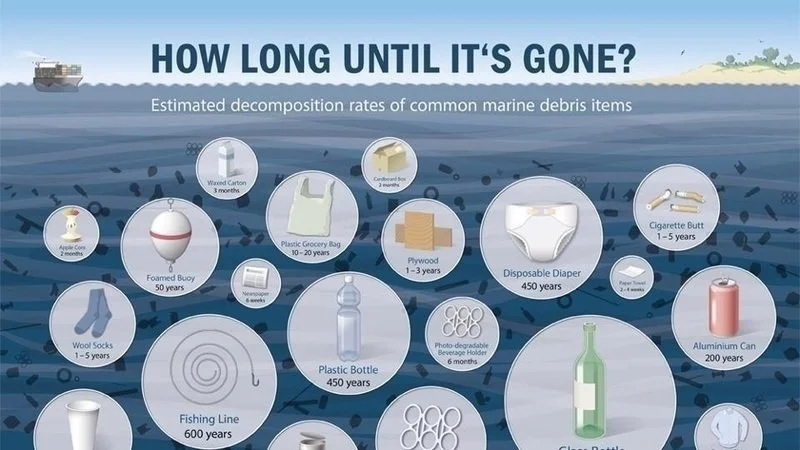Maine Becomes First State To Ban Styrofoam Food Containers In 2021
/New York City’s ban on single-use foam products went into effect January 1, 2019. Banned products include single-service items, including: cups, bowls, plates, takeout containers, trays, packing peanuts, coolers.
The restriction on the sale, possession or use of banned foam products is only for businesses, agencies, institutions, and non-profits outlined in the law. The New York City restriction is not intended for residents.
Several other cities in New York state have joined New York City. Around America, Seattle, WA, Washington DC, Miami Beach, FL, Portland, OR and several other Oregon cities, Minneapolis, MN, Nantucket (city & county), MA, Los Angeles & San Francisco, CA; and in Maine Portland and Freeport.
The Story of Stuff keeps us abreast of the latest developments.
Change.org Jay Inslee: Ban styrofoam and single use plastics in Washington State petition.
Maine Bans Styrofoam
Maine is now the first state to ban Styrofoam food containers. The bill, signed into law on Tuesday, with an effective date of January 2021 prohibits convenience stores, restaurants, grocery stores, farm stands, and coffee shops from using containers made of polystyrene, which is more commonly referred to as Styrofoam.
“Polystyrene cannot be recycled like a lot of other products, so while that cup of coffee may be finished, the Styrofoam cup it was in is not,” Maine Gov. Janet Mills told CNN affiliate WMTW in a statement. “In fact, it will be around for decades to come and eventually it will break down into particles, polluting our environment, hurting our wildlife, and even detrimentally impacting our economy.”
Foam food containers made of polystyrene are among the 10 most commonly littered items in the US, and more than 256 million pieces of disposable Styrofoam products are used every year in Maine , according to the Natural Resources Council of Maine.
VOX digs deeper into the ban, exploring the complexities of banning the very lightweight Styrofoam. “Trevor Zink, an assistant professor of management at the Institute of Business Ethics and Sustainability at Loyola Marymount University, told Martinelli that polystyrene is so light, it has “lower production and transportation impacts than other products.”
Translated, both transportation costs — and carbon emissions — increase with heavier weight shipping materials.


